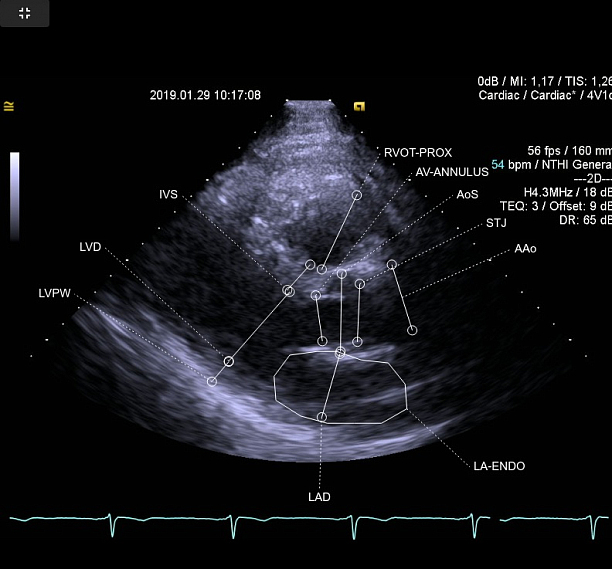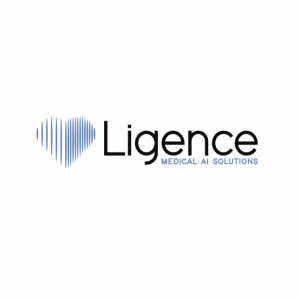49445
Ligence
Deep Learning for automated heart ultrasound examination
Lithuania
Market: Medicine, Artificial Intelligence
Stage of the project: Prototype or product is ready
Date of last change: 25.09.2020
Lithuania
Market: Medicine, Artificial Intelligence
Stage of the project: Prototype or product is ready
Date of last change: 25.09.2020
Idea
We apply deep learning in heart ultrasound image analysis. The examination is heavy on manual work and takes from 30 to 90 minutes to complete. Our solution allows to skip manual measurements and perform the examination in 5 minutes. This allows patients to be admitted to a hospital quicker and relieves burden for medical doctors.
Current Status
First installation in Australia
Integrations with Lifetrack medical systems, Arterys
Clinical trials in four hospitals in Europe
Integrations with Lifetrack medical systems, Arterys
Clinical trials in four hospitals in Europe
Market
University hospitals, large private hospitals in the EU and Asia-Pacific region performing around 20 000+ of these examinations every year. The AI in medical imaging market is growing with 45% CAGR and will reach valuation of 7.4 Bn USD in 2027.
Problem or Opportunity
Heart ultrasound imaging examination is heavily loaded with manual work. On average a physician would make 250 clicks on the keyboard of the ultrasound machine when performing the examination. As a result, examination takes from 30 to 90 minutes to complete even for the experienced physicians. Patients, therefore, are forced to wait for 5 weeks to get admitted for this examination.
Solution (product or service)
Using a deep learning software for automated analysis of heart ultrasound images. The software allows physicians to skip manual measurements during the examination, therefore it only takes 5 minutes to complete. The software allows physicians to make final decision on the measurements and the diagnosis.
Competitors
Ultromics - EchoGo Pro; CE cleared, left ventricle ejection fraction measurments only; 10% compared to Ligence measurement suite.
Dia-Analysis: LVivo Toolbox, CE, FDA cleared, less than 50% of Ligence measurement suite;
eko.ai: no regulatory approval, 80% of all Ligence suite measurements.
Dia-Analysis: LVivo Toolbox, CE, FDA cleared, less than 50% of Ligence measurement suite;
eko.ai: no regulatory approval, 80% of all Ligence suite measurements.
Advantages or differentiators
Ligence automates the greatest part of all measurements compared to their competitors.
Finance
Installation costs: 22k EUR; support costs: 77k EUR; 3 year contract.
Business model
Integration into PACS (Picture Archiving and Communicating Systems); integration into virtual local servers (DOCKER); integration through AI platforms (API).
Measuring studies analysed and the accuracy compared to medical doctors.
Measuring studies analysed and the accuracy compared to medical doctors.
Money will be spent on
Added functionality to existing software, scale on sales.
Offer for investor
12% at 15M pre-money valuation
Team or Management
Risks
- AI solutions often find their way into hospitals with much difficulty
- There are actually few solutions on the market that get payments
- AI bubble may one day burst because promises will not be fulfilled
- There are actually few solutions on the market that get payments
- AI bubble may one day burst because promises will not be fulfilled
Incubation/Acceleration programs accomplishment
EIT Jumpstarter 2nd place
EIT InnoStars
PGA's (Pace Global Advantage) acceleration programme
EIT InnoStars
PGA's (Pace Global Advantage) acceleration programme
Won the competition and other awards
Pioneer Silicon Valley competition 2019 1st place
Falling walls Lab 2019
University Startup World Competition Top 3 in Health
EIT Jumpstarter 2019 2nd place
Falling walls Lab 2019
University Startup World Competition Top 3 in Health
EIT Jumpstarter 2019 2nd place
Photos

Presentation
Sign in/Sign up
